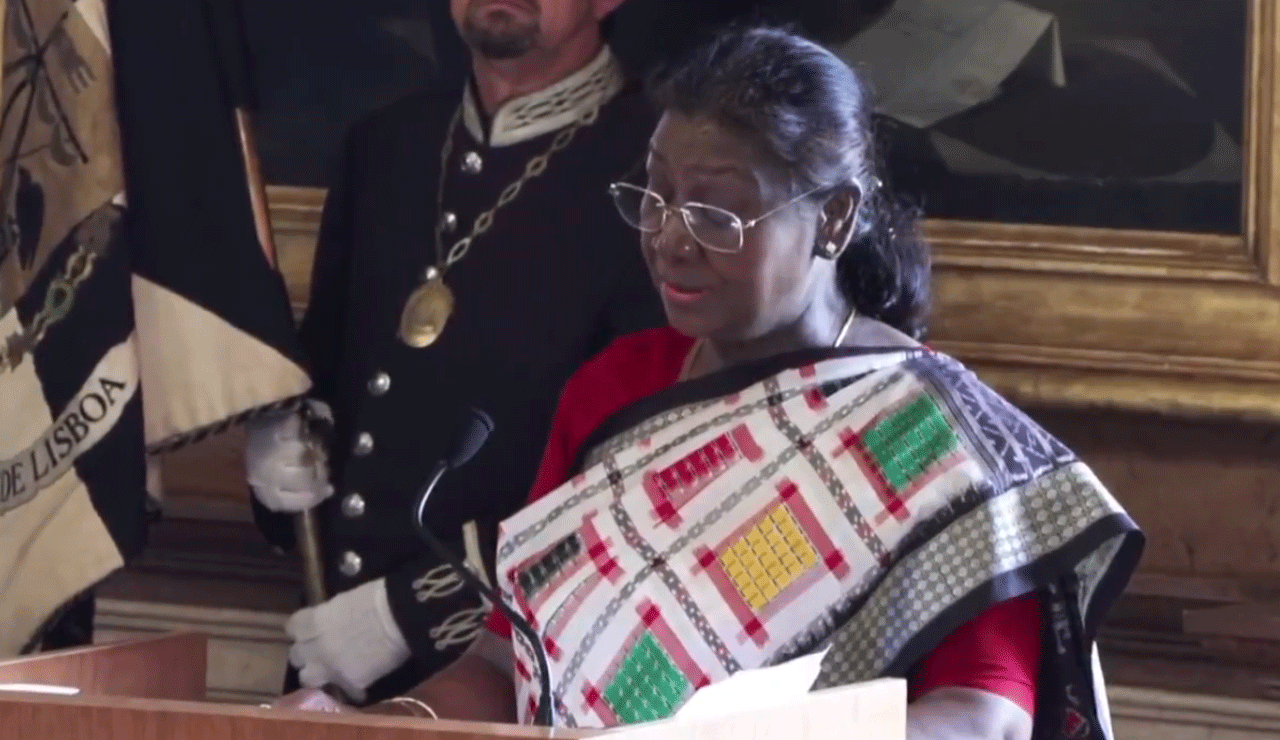President Must Act Within 3 Months on Bills Forwarded by Governors: SC
In a historic ruling, the Supreme Court of India has set a three-month deadline for the President to decide on state bills forwarded by governors.

New Delhi: In a historic ruling, the Supreme Court of India has set a three-month deadline for the President to decide on state bills forwarded by governors. This is the first time the apex court has prescribed a fixed timeline for such executive decisions, aiming to prevent undue delays and uphold constitutional accountability.
The court emphasized that if the President’s assent is delayed beyond three months, the reasons for the delay must be recorded and communicated to the concerned state government.
Table of Contents
“We deem it appropriate to adopt the timeline prescribed by the Ministry of Home Affairs and prescribe that the President is required to take a decision within three months from the date of reference,” the Supreme Court bench stated.
Ruling Follows Tamil Nadu Governor’s Delay on State Bills
The decision follows the Supreme Court’s April 8 ruling, which invalidated Tamil Nadu Governor RN Ravi’s prolonged delay in acting on 12 state bills, including 10 that were re-enacted and reserved again for presidential assent.
The court noted that the governor’s second reservation of the same bills—after they had been reconsidered and passed again by the Tamil Nadu Legislative Assembly—was legally flawed and unconstitutional.
Also Read: India Among 63 Nations Supporting First-Ever Global Carbon Tax on Shipping
SC Declares Delay by Governors Unconstitutional
Citing Article 200 of the Constitution, the court held that:
- Withholding assent or re-reserving bills after re-enactment violates the prescribed legislative procedure.
- The President’s action based on such re-reservation can be challenged in court.
- Any consequential steps taken by the President on those 10 re-reserved bills are nullified.
“Withholding of assent or reservation of bills for the consideration of the President, after their due reconsideration by the state legislature, is declared erroneous in law,” the bench observed.
Supreme Court Directs Collaboration Between States and Centre
The ruling also places responsibility on state governments to respond promptly to queries raised by the Centre during the process and cooperate in the resolution.
This proactive step ensures that:
- Bills passed by state legislatures are not held up indefinitely.
- Federal balance between the Centre and states is maintained.
- The legislative process is respected and not bypassed through executive inaction.
Background: Tamil Nadu’s Legal Battle Against Delay
Tamil Nadu moved the Supreme Court in 2023, challenging the governor’s delay in granting assent to bills—some pending since 2020. On November 13, 2023, Governor RN Ravi withheld assent to 10 of them, prompting the Assembly to re-enact the bills during a special session on November 18.
However, several of these re-enacted bills were again reserved for the President, leading to the legal challenge that culminated in the current judgment.
Supreme Court deadline President assent, Tamil Nadu Governor bills, SC on Article 200, President decision on state bills, SC ruling on state bills, India federal structure, constitutional law India 2025
